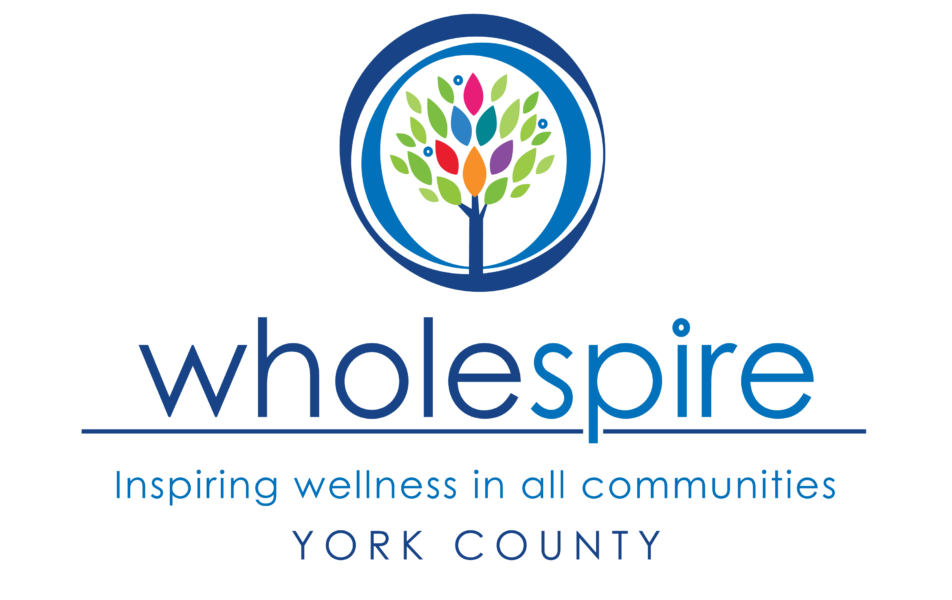York County, SC (Mar. 31, 2017) Local school districts must update and fully comply with their wellness policies by June 30, 2017. The Alliance for a Healthier Generation explains,
School and district wellness policies are the cornerstone for all school health-related initiatives. From physical education to classroom celebrations, they act as both a guide and an evaluation tool against which schools can benchmark their progress throughout the year.
Wellness policies are nothing new. Since 2004, districts participating in federal school meals programs have been required to establish wellness policies. The requirements for those policies were strengthened by the Healthy, Hunger-Free Kids Act of 2010, but districts still lacked clear guidance around what should be included, who should be involved, and how often policies should be reviewed and updated.
On July 21, the U.S. Department of Agriculture released a final rule that helps to clarify these uncertainties, making local wellness policies stronger than ever. Nationwide, districts need to start revising their policy by August 20, and need to fully comply with the requirements by June 30, 2017.
The Alliance offers tools and resources to , including the USDA-recommended Alliance’s Model Wellness Policy template that reflects the most recent changes. In addition to the template, the Alliance’s Healthy Schools Program provides tools and resources to assist districts and schools with implementation.
The Alliance summarizes what is new:
- Increased compliance measures: State agencies are responsible for ensuring that schools comply with school wellness policy requirements as part of school nutrition services administrative review. Reviews happen every three years beginning in the 2017-18 school year.
- New rules around foods available to students outside of meals: The school wellness policy also must include standards for foods and beverages made available on the school campus during the school day including during celebrations, parties, and more.
- New guidance for marketing of foods at school: The final rule clarifies that any foods and beverages marketed to students in school must meet Smart Snacks Nutrition standards. In other words: if you can’t sell it, you can’t market it!

- Changes to how often schools need to report on their progress: The final rule says that districts must make their wellness policy available annually to the school community parents, students and community stakeholders.
- Improved guidance about monitoring and evaluation: School records must include the written school wellness policy, documentation of compliance with community involvement requirements, documentation of assessment and compliance with the public notification requirements.
As the USDA notes, “a local school wellness policy…guide[s] a local educational agency or school district’s efforts to establish a school environment that promotes students’ health, well-being, and ability to learn by supporting healthy eating and physical activity.” Eat Smart Move More York County asks, who wouldn’t support that?

